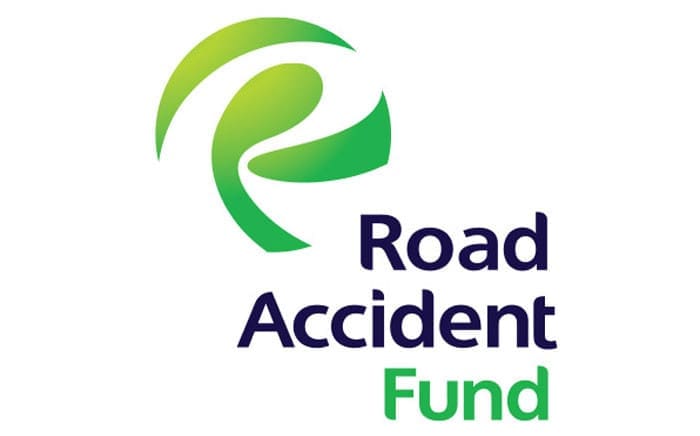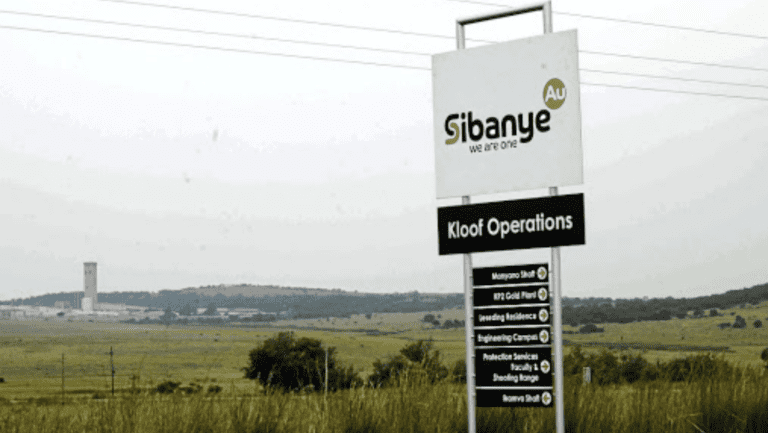In a concerning development for property sellers in South Africa, the nation’s real estate market has seen a notable slowdown, with fewer buyers, a slower sales pace, and lower prices on offer. Samuel Seeff, chairman of the Seeff Property Group, has shed light on the current market conditions, attributing these challenges to various factors, including higher-than-expected interest rates.
Two years ago, South Africa’s property market was bustling with activity as buyers sought to capitalize on historically low-interest rates. Properties were in high demand, often selling within a week to a month of listing, and sellers were enjoying the good times. However, as early as 2022, the market began its descent toward normalization. Today, it faces a different reality, with higher interest rates exerting significant downward pressure on sales volumes and property prices.
One of the clearest signs of this market correction was the disappointing winter season, characterized by an intense slowdown in sales, placing the nation firmly in a buyer’s market. Buyers have become more discerning, taking longer to make purchase decisions, and, with a lack of competition, they are increasingly unwilling to pay exorbitant prices. As a result, most offers fall below the asking price, leading to a significant decline in property prices.
The FNB House Price Index reflects this trend, with house price growth decelerating from 3.5% in 2022 to a mere 0.8% by August 2023. Additionally, a substantial shift has been observed in the time properties spend on the market, with roughly 65% now languishing for three months or longer, compared to just one-third the previous year.
The pressure on property prices has also had an impact on the average purchase price, with buyers now opting for more affordable housing options. According to ooba, home loan applications have dropped approximately 30% since 2021 and 25% since 2022. However, there is a silver lining in the form of improved lending conditions.
Seeff Property Group noted, “Home loan approval rates, for example, have remained largely unchanged, with over 80% of applications being approved.” Deposit requirements are also at their lowest level in nearly a decade, averaging below 10%. Furthermore, first-time buyers are now being offered 100% loans, and the group’s mortgage originators report an approval rate of over 80%.
As South Africa moves into a traditionally busier period for the property market, it’s expected that buyer activity will pick up. Simultaneously, many sellers will be looking to expedite their property sales before or by the new year. However, Seeff advises sellers to be realistic with their asking prices, especially in more challenging areas like Gauteng, as higher stock levels are anticipated.
While challenges persist in the South African property market, the improved lending conditions and buyer activity expected in the coming months offer a glimmer of hope for the real estate industry. However, the key takeaway for sellers is the need to set realistic asking prices to navigate this evolving landscape successfully. As the market continues to adjust, both buyers and sellers will need to adapt to these changing dynamics in South Africa’s property sector.











































